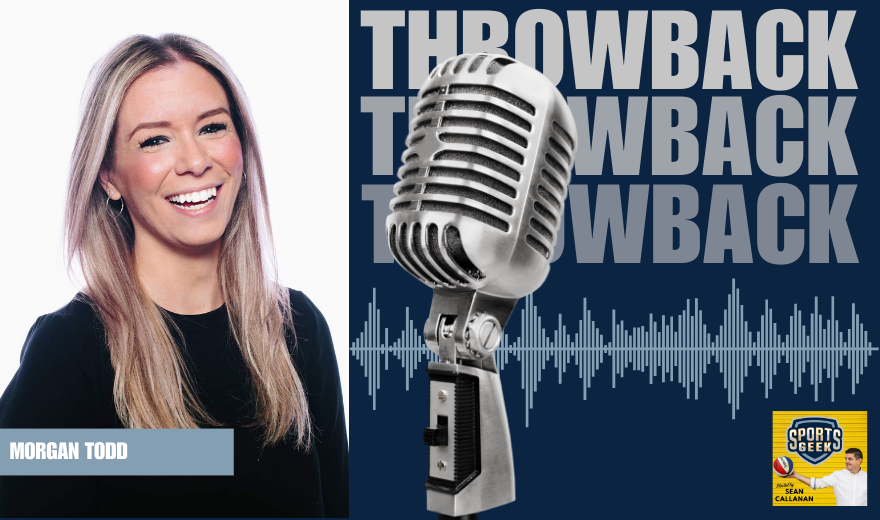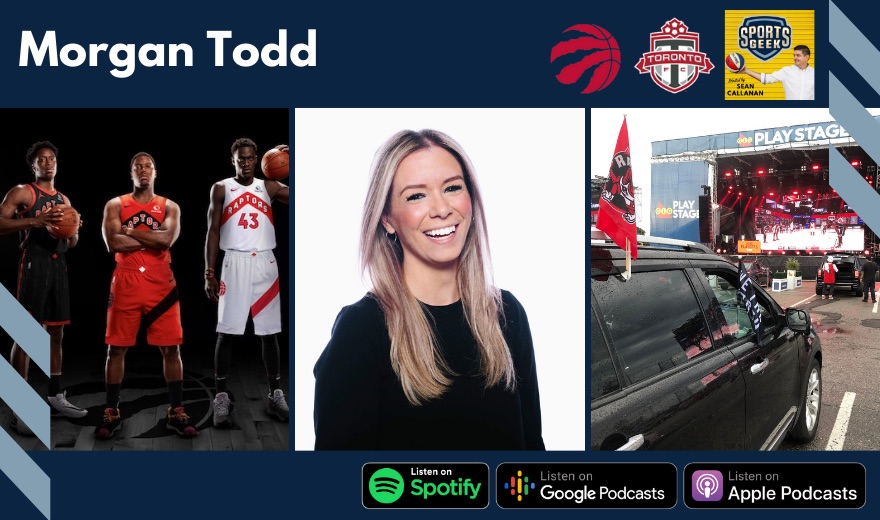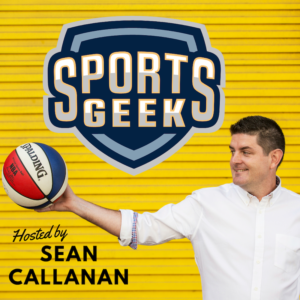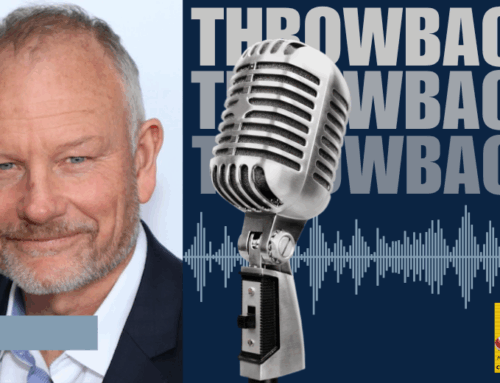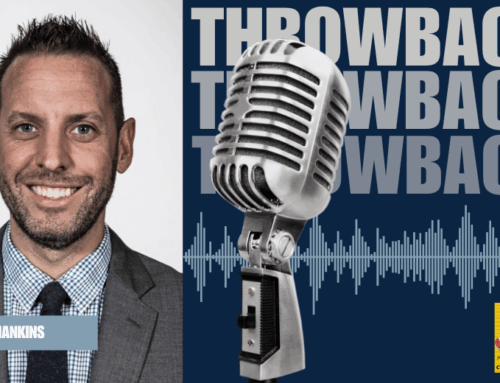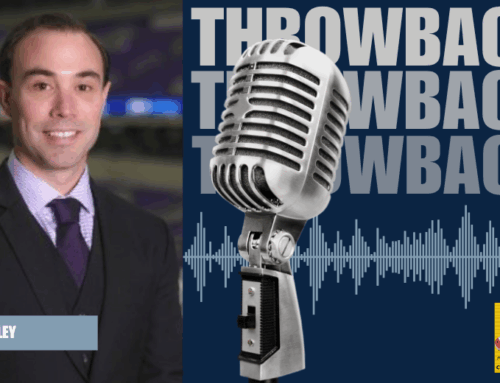This transcript has been lightly edited by AI
Sean: It does attract potentially more partners. But it is a balancing act because you can't guarantee a win and you're not like a player. You don't have performance bonuses on championships. You've got to try to smooth it out. So it's a terrific opportunity and a lot of work, making hay while the sun shines type of thing. But also, what is the broader piece? What are the broader pillars of what you're selling, which is our fan base, how well we know them, their affinity and how much they're tied to us. Then this other part, which you were just mentioning there, the corporate social responsibility and why partners become partners. The community work and Black Lives Matter and the support of the community in COVID, has been a big part of what's happened this year. You know, the pivot; obviously you can't do stadium activations, but you really had to lean on that pillar and that part of all the work that you've been doing across all the different teams. Your partners pretty much, they realize they want to be giving back and supporting the community. So become that vehicle for them to do that.
Morgan: Yeah. It's a really interesting landscape. We've had COVID hitting and social justice issues hitting the forefront very similar in timing. Our partners, we thought, pivoted very quickly. We connect with all sorts of different people from other franchises across North America and in Europe, and we're constantly asking them, what are your partners saying? What are your partners looking for? What are they doing? And we've seen everything from some markets where nothing has changed whatsoever and you have regular sales, new partners coming on board, sort of status quo. And on the other side, you've got markets where everything just stopped and there were no new owners that were interested in investing. The current partner roster wasn't comfortable with using up any of the value that they had invested within their partnership. So, it's really interesting. It's all over the place. We've been very lucky that our partners are very strategic in a lot of sense. They're very sophisticated in the Toronto market. So, when we bring new opportunities, new digital ways of reaching our fans, we always say fandom doesn't turn off. When the season stops, when the game ends, fans are still engaged. They're engaged 24/7, 365. So, just because our seasons aren't on right now, our fans are still open and engaged and they're still checking their Instagram every day. So, it's really about what we are doing to get their attention and keep them engaged, in a way that's very purposeful and we're listening to what they want to talk about. It would be a little bit naive of us to be continuously putting out sports stats when COVID originally hit and people were panicking to think about their own health and their own family and how to stay engaged and what they were going to do at home. So, we pivoted quickly and we said, we're going to scrap. We had pieces that were already filmed and ready to go out that week when everything shut down and we said let's stop for a second but let's start to think about how we're going to create content that's going to lean into all of these themes. So we've been very lucky in that sense.
Sean: And that was that like you're able to lean into community initiatives you're already doing like your Real Food Rescue with Hellman's. It's like oh we're already doing that and it was sort of like you know further down the list of oh these are things we're doing for the community, but now they're super relevant, and super needed and there are people in desperate needs. And so it was a matter of one, we'll amplify that as a campaign, but do more like, you know, the Bring Toronto Back campaigns that you brought out as well.
Morgan: Yeah, exactly. That's in those first couple of days, we decided that the arena probably wouldn't be open for a while. And we have so much fresh fruit and vegetables and meats and all sorts of food coming in on a daily basis. So we had already acquired a lot of it. And without those games, there was supposed to be a Leafs game the night that everything shut down. So what do we do with this? And exactly like you said, we learned from the Real Food Rescue that we did with Hellman's, which collects all food that would be wasted within our arena every single game day and donates it back to the community. We took that and we made an even bigger program because we had an understanding that there was a strong need in the Toronto community for food that would be able to support local shelters, our frontline heroes, all sorts of people. It was a really interesting program that was built cross collaboratively across MLSE. It's definitely not a partner first initiative. It was so many minds at the table, but when it was first ideated upon, we thought it was such a great story that we had built this all over Zoom and we had connected remotely. Now look where we are a couple months later. Well, this is how everything is built. But you know, we built it first and then we rallied our partners and took it to them and asked if they would like to get involved. And across the board, we saw so many partners come into the mix and provide food and monetary donations and resources and volunteer hours. And we were able to rescue so many meals, that we were able to give out into the community. And even today you go and you've run into a nurse on the street who may happen to work for a local children's hospital. They're so thankful for those meals that came when they were in their most stressful moments.


